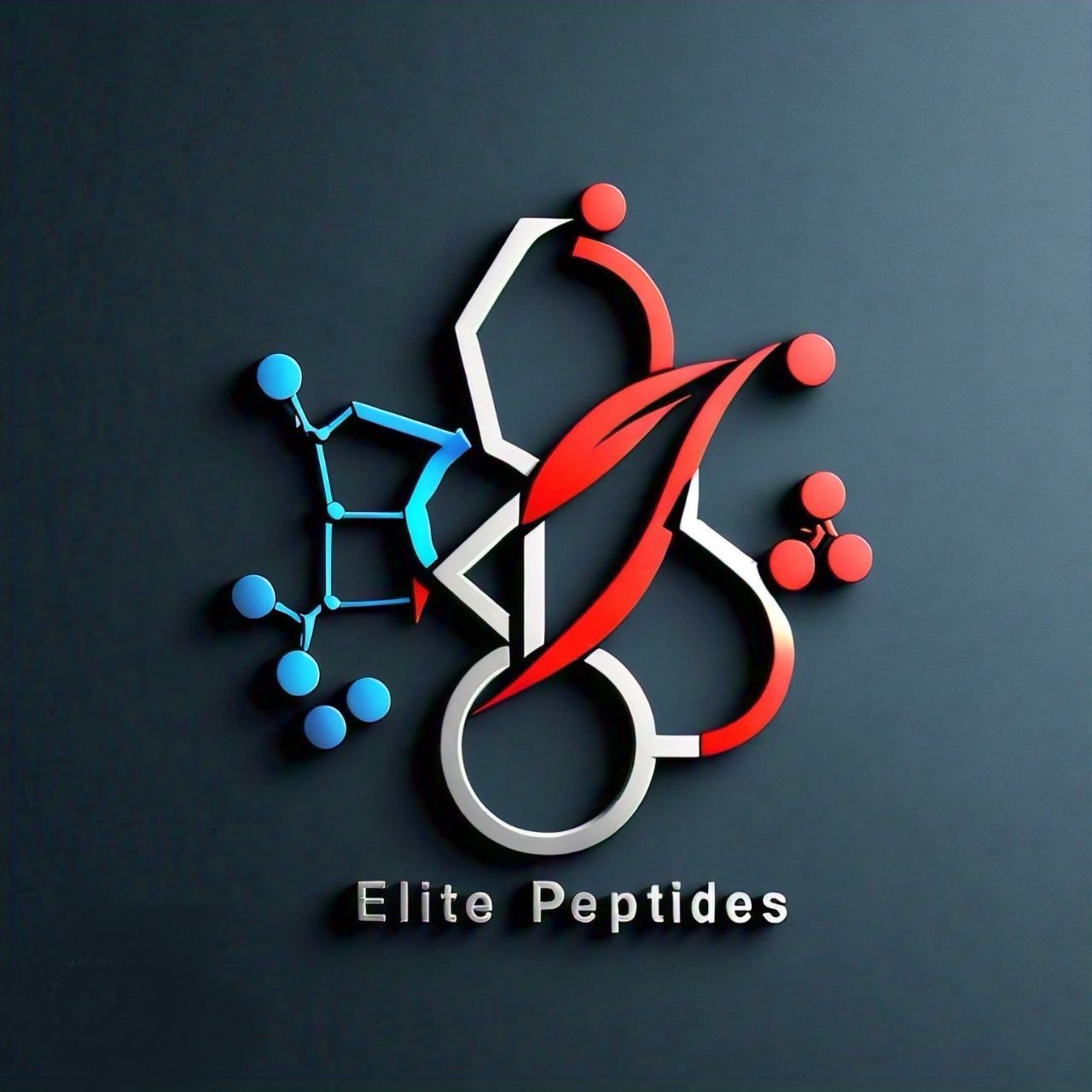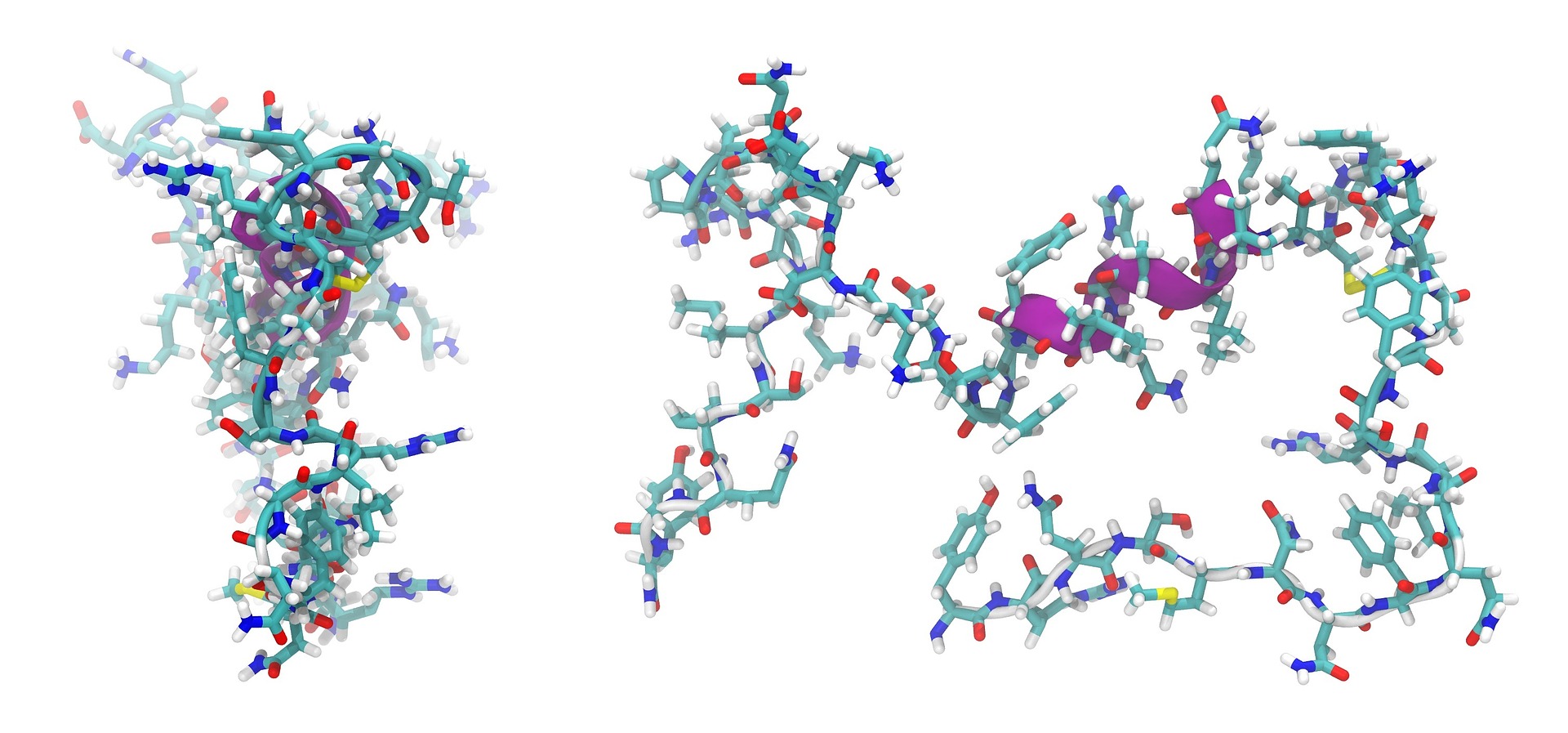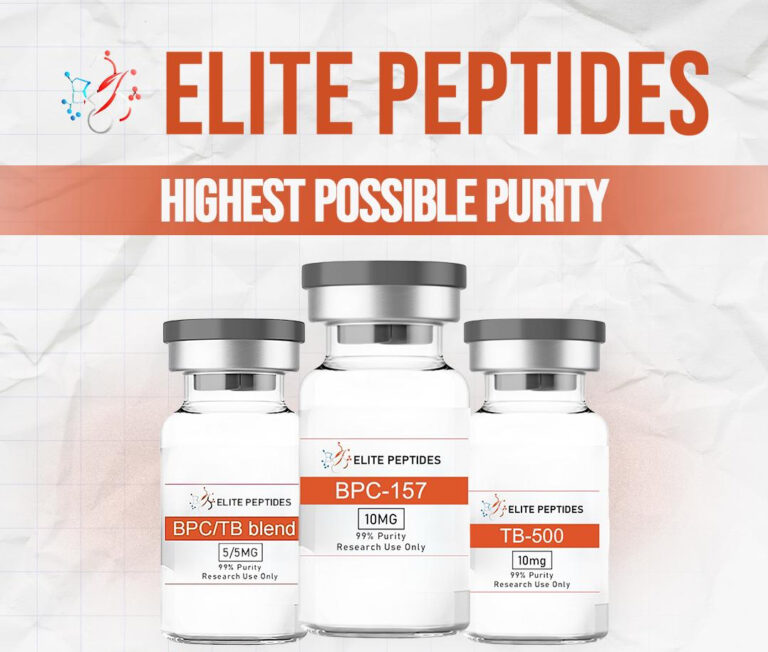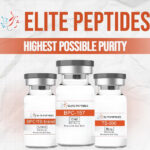Peptides are short chains of amino acids, which are the building blocks of proteins, and they serve numerous roles in the body. As natural compounds, they are involved in many biological processes, including signaling between cells, facilitating healing, and supporting tissue regeneration. In the field of research and development, peptides have emerged as versatile molecules that can be synthetically created to study their effects and potential applications in health, medicine, and cosmetics.
In recent years, peptides have gained significant attention for their applications in skin care, muscle growth, weight loss, hair growth, and various other domains. Although some claims about peptide supplements need further research, there is growing evidence supporting their role in anti-aging, skin healing, and other areas of health. This article delves into the many uses and benefits of peptides, highlighting their value for researchers and developers.
Benefits of Peptides
Your body naturally produces a wide variety of peptides, each with specific roles. However, scientists have also developed synthetic peptides in labs to enhance or study their effects. This section explores some of the most significant benefits associated with peptides.
1. Peptides for Anti-Aging
One of the most well-known applications of peptides is their use in anti-aging products. Collagen, the protein responsible for skin elasticity and structure, is a vital component in the human body. It helps maintain the strength and flexibility of skin, muscles, tendons, bones, and ligaments. As we age, the body produces less collagen, causing the skin to lose its firmness and the body to become more prone to stiffness and weakness.
Collagen peptides, also known as hydrolyzed collagen, are broken down forms of collagen that the body can absorb more easily. When taken as a supplement, collagen peptides have been shown to improve skin elasticity and hydration, which can help reduce the appearance of fine lines and wrinkles. Moreover, studies indicate that collagen supplements may ease joint pain and improve joint function, particularly in individuals with osteoarthritis, a condition that often accompanies aging.
Copper peptides (GHK-Cu) are another valuable tool in anti-aging research. These peptides enhance the body’s ability to produce collagen and elastin, a protein essential for maintaining skin’s firmness and elasticity. Copper peptides also serve as antioxidants, repairing skin damage and reducing inflammation. Studies show that GHK-Cu peptides used in skin care products such as creams and serums may reduce wrinkles, improve skin thickness, and lighten age spots. They are also thought to stimulate hair growth in some individuals. While injectable copper peptides were once available, the FDA banned these products in 2023 due to safety concerns. Today, topical copper peptide products are still available and are widely used for anti-aging purposes.
Matrixyl (Palmitoyl Pentapeptide-4) is a synthetic peptide commonly found in anti-aging creams and serums. Research suggests that Matrixyl helps stimulate collagen production, leading to improved skin texture, reduced age spots, and a smoother appearance. These products can be found in beauty supply stores, department stores, and online.
2. Peptides for Skin Health
Peptides are crucial for maintaining the health of the skin. The skin contains several antimicrobial peptides (AMPs) that fight off harmful bacteria, promote wound healing, and protect the skin from infection. These peptides are essential for maintaining a strong skin barrier, which keeps the skin hydrated and protected from environmental damage.
Imbalances in the production of AMPs have been linked to skin conditions like psoriasis, eczema, rosacea, and acne. Certain peptide-based treatments may help restore this balance and promote healthier skin. AMPs in skin care products are believed to reduce inflammation and redness in individuals with psoriasis or eczema by repairing the skin barrier. In some cases, AMPs may also help prevent bacterial infections, which can cause acne or delay the healing of wounds, particularly in people with diabetes who may struggle with slow-healing ulcers. Some AMP-based treatments require a prescription, so it’s essential to consult with a healthcare provider if you are interested in this type of therapy.
3. Peptides for Muscle Growth and Weight Loss
Peptides have also been explored for their potential to promote muscle growth and support weight loss. Creatine peptides and collagen supplements are widely available and are thought to enhance muscle repair and growth, especially when combined with exercise. These peptides can be particularly helpful for athletes or individuals looking to recover after a workout.
However, some synthetic peptides known as growth hormone secretagogues (GHS), which are thought to increase muscle mass by stimulating the release of growth hormones, may be unsafe. GHS peptides can interfere with insulin sensitivity and elevate blood sugar levels, posing risks for people with metabolic conditions. Additionally, these peptides are banned by the World Anti-Doping Agency (WADA) for use in athletic competitions, so individuals involved in sports should exercise caution when considering GHS products.
4. Peptides for Hair Growth
Peptides can also play a role in promoting hair growth. Collagen peptides, such as GHK-Cu, are believed to stimulate hair follicles, resulting in thicker, healthier hair in individuals with pattern hair loss. These peptides are often available in the form of serums or oral supplements, which can be applied directly to the scalp or ingested to promote hair growth. Follistatin, another peptide used for hair growth, is applied as a serum to help strengthen hair and promote the regeneration of hair follicles.
5. Peptide Supplements
In addition to their applications in skin care and muscle growth, peptides are available as dietary supplements, including pills and protein shakes. These supplements often claim to promote muscle gain, fat loss, or improved recovery after exercise.
Some of the most commonly available peptide supplements include:
- Creatine peptide, said to help build muscle mass.
- Collagen peptide, marketed for its anti-aging benefits and its ability to improve the health of skin, hair, and nails.
- Follistatin, promoted for muscle gain and weight loss.
While these claims are popular among supplement users, there is limited direct evidence supporting many of them. Additionally, it remains unclear how well the body can absorb peptides in supplement form, as they are usually broken down into amino acids during digestion.
6. Peptide Drugs
Peptides have significant therapeutic potential, and many are used in the development of drugs for various medical conditions. More than 100 peptide-based drugs have been approved by the FDA in the United States. Some examples of these peptide drugs include:
- Abarelix (Plenaxis) and Degarelix (Firmagon), used to treat advanced prostate cancer.
- Carfilzomib (Kyprolis), a treatment for multiple myeloma.
- Enfuvirtide (Fuzeon), an antiviral drug used to treat HIV.
- Exenatide (Byetta) and Liraglutide (Victoza), medications for type 2 diabetes.
Unlike cosmetics and supplements, peptide-based drugs are subject to rigorous research and regulation by the FDA to ensure their safety and effectiveness. If you are considering a peptide-based drug, consult with your healthcare provider to discuss potential benefits and risks.




